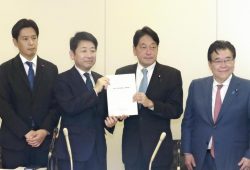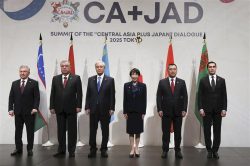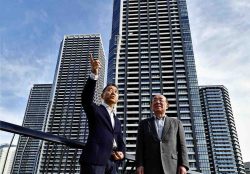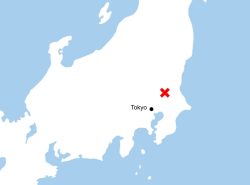Japan PM Ishiba Aims to Quickly Compile Economic Measures; New Cabinet to Compile Initiatives it Plans to Implement in Next 10 Years
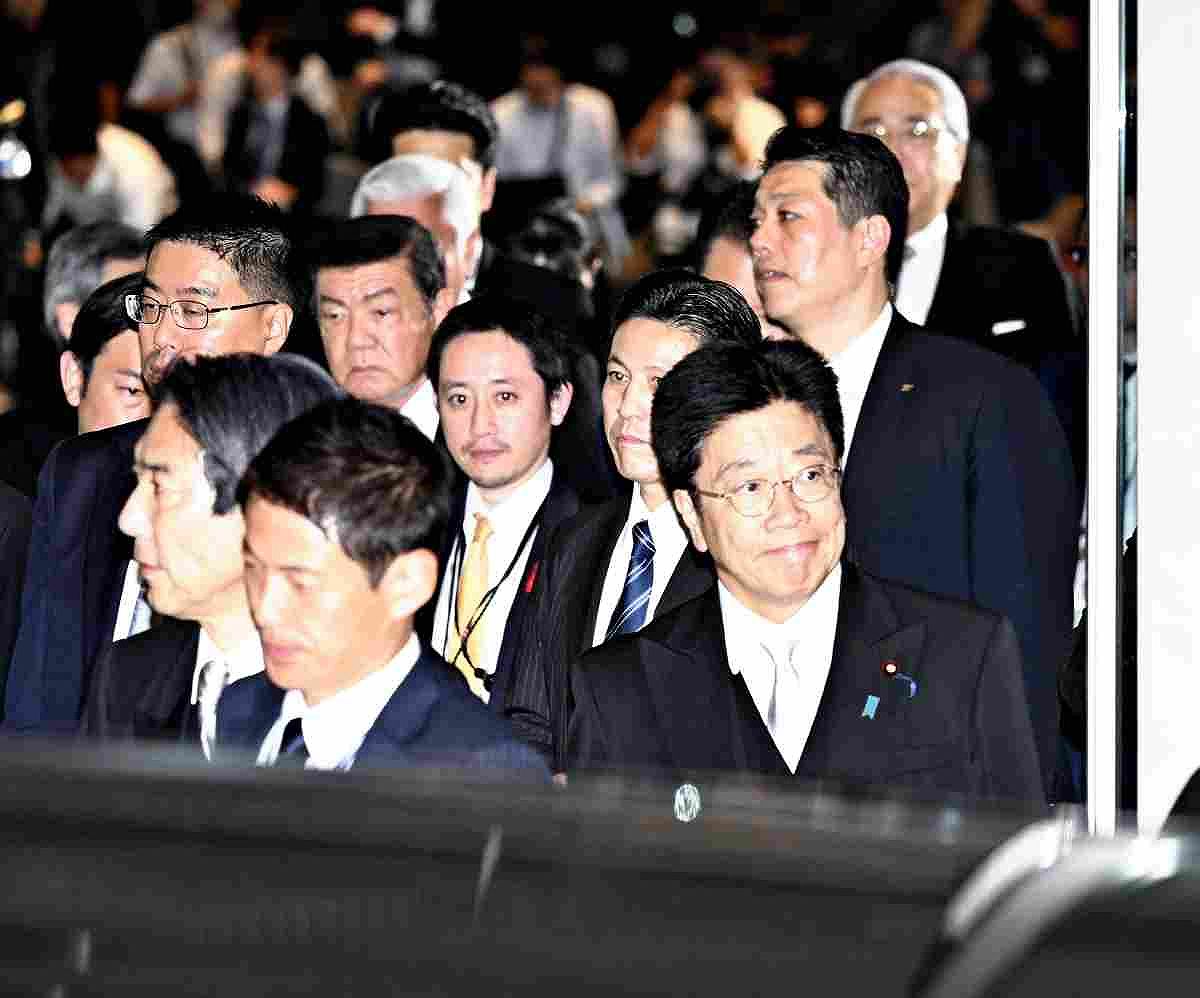
Finance Minister Katsunobu Kato, right front, leaves the Prime Minister’s Office on Tuesday.
17:10 JST, October 2, 2024
Prime Minister Shigeru Ishiba, who took office Tuesday, said he plans to quickly compile economic measures to cope with rising prices.
Ishiba aims to continue the economic policies of his predecessor, former Prime Minister Fumio Kishida, and realize an economy that is driven by wage hikes and active investments.
“I will give instructions to consider economic measures that will help those who are struggling with rising prices,” Ishiba said at a press conference on Tuesday.
He said he intends to include emergency measures such as cash distributions to low-income households into his economic measures.
After compiling the measures, the Ishiba administration intends to quickly compile and pass an extra budget, which will enable the measures to be enacted.
“I will firmly continue the growth strategy that the Kishida administration implemented,” Ishiba said.
“Based on a view that the economy is the foundation of the government’s financial health, I will conduct economic and fiscal management that prioritizes an exit from deflation,” he added.
To prevent the economy from falling into deflation again, sustainable wage hikes are essential.
“I aim to raise the nationwide average minimum wage to ¥1,500 by the end of the 2020s,” Ishiba said.
Ishiba aims to bring forward the Kishida administration’s goal of raising the minimum wage by the mid-2030s.
“I will make Japan an investment superpower,” he said, citing the automobile, semiconductor and agricultural industries as priority fields.
On the revitalization of regional areas, Ishiba said he sees it as a the starting point of economic growth and aims to use that momentum to boost Japanese economy.
The new administration will compile a general outline of initiatives it plans to implement in the next 10 years.
There are also tasks that are inherited from the previous Cabinet, including deciding on the timing of implementing tax hikes for the defense budget.
Attention is also being paid to how the Ishiba administration will handle policies that will require increasing public burden.
Finance Minister Katsunobu Kato, who took the post Tuesday, told reporters that the prime minister instructed him to “conduct fiscal management in an appropriate manner.”
“While trying to exit from deflation, I will have to play a role with great responsibility,” Kato added.
Related Tags
"Politics" POPULAR ARTICLE
-

Japan to Support Central Asian Logistics Route That Bypasses Russia, Plan to Be Part of Upcoming Summit in Tokyo
-

Japan to Tighten Screening of Foreigners’ Residential Status by Providing Information of Nonpayment of Taxes
-
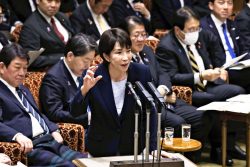
Takaichi Cabinet Approval Holds at 72% as Voters Back Aggressive Fiscal Stimulus, Child Benefits
-

Chinese, Russian Bombers Flew Unusual Path by Heading Toward Tokyo; Move Likely Meant to Intimidate Japan
-

Takaichi Meets Many World Leaders at G20 Debut in Johannesburg; Speaks with Heads of Countries Including Italy, U.K., Germany, India
JN ACCESS RANKING
-

Keidanren Chairman Yoshinobu Tsutsui Visits Kashiwazaki-Kariwa Nuclear Power Plant; Inspects New Emergency Safety System
-

Imports of Rare Earths from China Facing Delays, May Be Caused by Deterioration of Japan-China Relations
-

University of Tokyo Professor Discusses Japanese Economic Security in Interview Ahead of Forum
-

Japan Pulls out of Vietnam Nuclear Project, Complicating Hanoi’s Power Plans
-

Govt Aims to Expand NISA Program Lineup, Abolish Age Restriction




